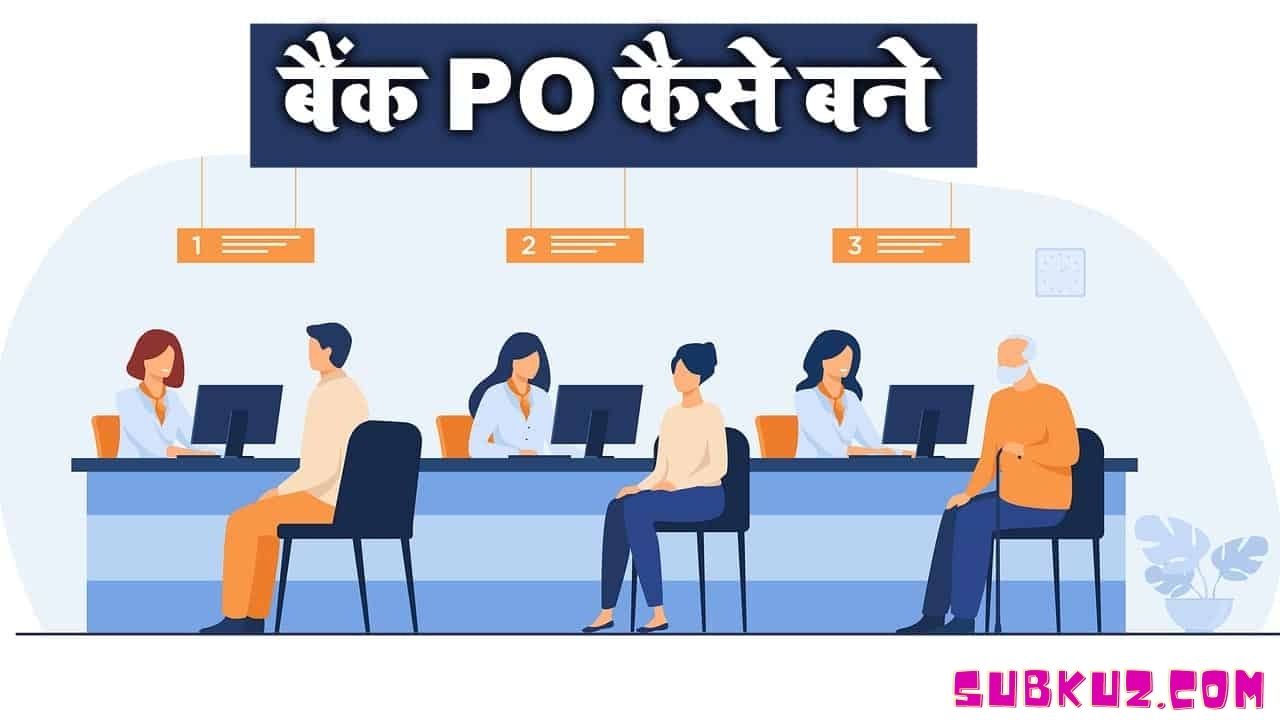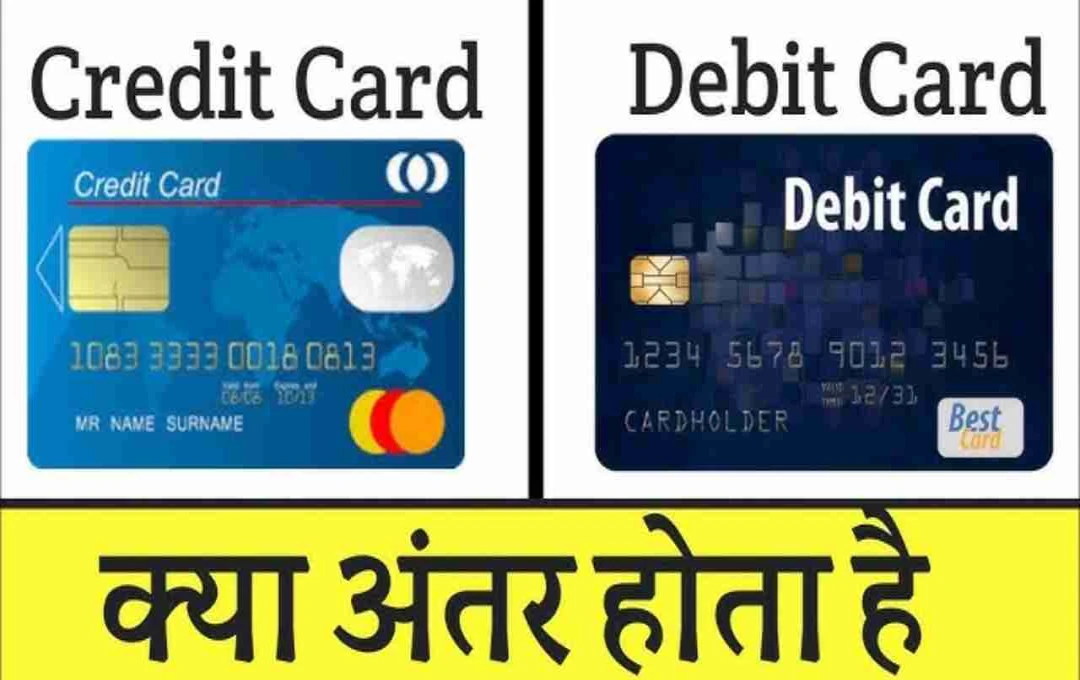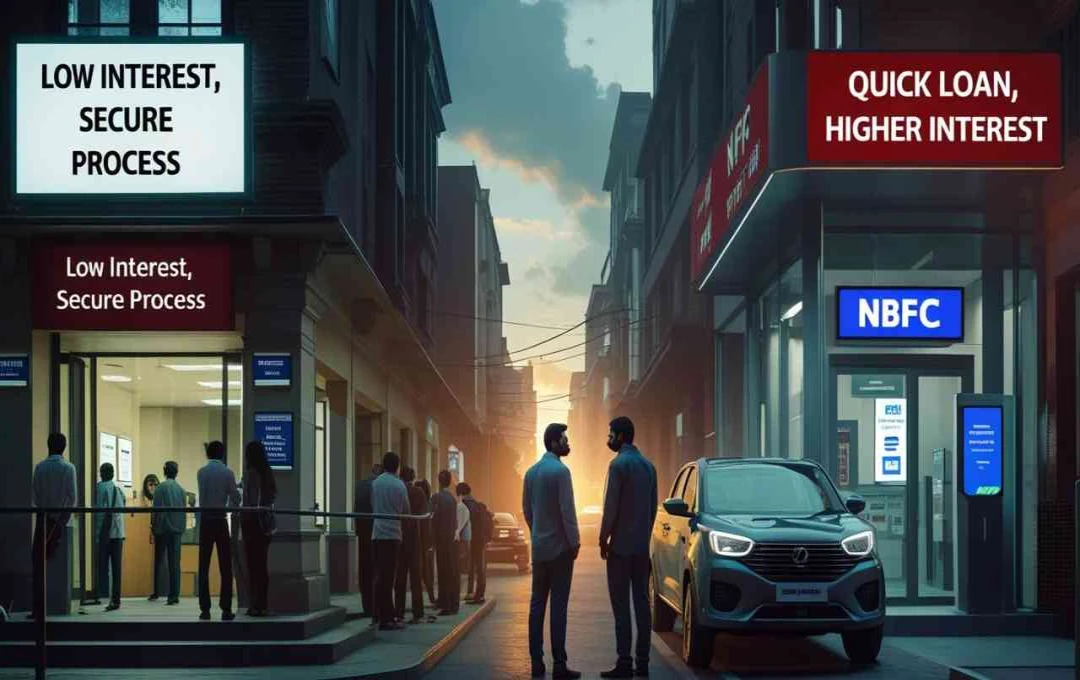How to Become a Bank PO (Bank Probationary Officer)? What are the Eligibility Criteria?
Many young people aspire to a career as an officer in a bank, but lack of proper information and guidance often hinders their progress. This is particularly true for young people in smaller towns and rural areas. A bank job is attractive to young people due to its good salary, secure future, and social prestige. A coveted position within the bank is that of a Probationary Officer (PO).
If you are interested in becoming a Bank PO but are struggling due to a lack of information, don't worry. Here, we provide all the necessary information about becoming a Bank PO so you can fully understand and prepare for this position.
First, let's clarify what PO means.
What does PO stand for?
First, we explain what a Bank PO is. Essentially, PO stands for Probationary Officer or Trainee Officer. A PO is essentially an Assistant Manager in Scale-1 at a bank. The PO is a junior manager, Grade-1 scale, and is therefore referred to as a Scale-1 Officer.
What are the Responsibilities of a Bank PO?
Bank POs have many important responsibilities. During the probation period, POs are trained in various banking processes, including finance, accounting, billing, and investment. An important responsibility of a PO is to enhance the bank's business while resolving customer issues. As a PO complies with the bank's standards, they are assigned many other key responsibilities such as planning, budgeting, loan processing, and investment management.
Eligibility for becoming a Bank PO?
Firstly, a minimum graduation degree with 50-60% marks from any university is essential. The graduation can be from any stream, including BA, B.Com, BSc, or Engineering. Strong English language skills are a must for this career.
Age Limit
The age limit for becoming a PO in any bank is typically between 21 and 30 years. Reserved category individuals are granted age relaxations. For instance, individuals belonging to the OBC category are given a 3-year relaxation, while those belonging to the SC and ST categories are given a 5-year relaxation. Physically challenged individuals from SC and ST categories are granted a 15-year relaxation, while those from OBC a 13-year relaxation, and those from the general category or EWS with disabilities are given a 5-year relaxation.
How to Become a Bank PO?
To become a PO in a bank, you need to dedicate significant effort. Primarily, you must possess a graduate degree in any subject.
Apply for Bank PO Vacancies
When a bank posts vacancies for POs, you can apply and progress through the examination stages. Passing the examination qualifies you as a Bank PO. The exam is typically conducted in three stages: Preliminary Exam, Main Exam, and Interview.
Pass the Preliminary Exam
The preliminary exam will present you with 100 questions. You have 1 hour to answer them, and each correct answer earns you one mark, while a wrong answer results in a deduction of 0.25 marks. Passing this exam with good scores allows you to proceed to the main exam.
Pass the Main Exam
If you pass the preliminary exam, the main exam consists of 200 questions, and you have 3 hours to complete them. This exam is slightly more challenging than the preliminary exam and is usually conducted online.

Pass the Interview
Successful completion of both exams leads to an interview. During the interview, candidates are asked questions to assess their suitability for the role. Marks are awarded based on your responses, and selection is based on these marks. Confidence is vital for the interview stage.
If you successfully complete all three stages, you can become a Bank PO.
Bank PO Exam Syllabus
Now, let's discuss the Bank PO exam syllabus. Most bank exam syllabi are similar, though there might be minor variations. But generally, the curriculum remains consistent.
Reasoning: Focus on reasoning, including logical questions. Thorough preparation is essential.
English: Strong English language skills are crucial for the Bank PO exam. Knowledge of general English, sentence correction, vocabulary, fill-in-the-blanks, idioms, and phrases is necessary.
Quantitative Aptitude: Thoroughly prepare for quantitative aptitude; it often includes challenging questions. You can find extensive information on Google.
General Awareness: Prepare for general awareness, which includes current events, the Indian economy, international economics, UN, marketing, etc.
Computer Knowledge: Prepare for basic computer knowledge and software-related topics.
Note: The above information is based on various sources and some personal advice. We hope this provides the right direction for your career. For more latest information on various topics like country, education, employment, and career, keep reading interesting articles on Sabkuz.com.
```











